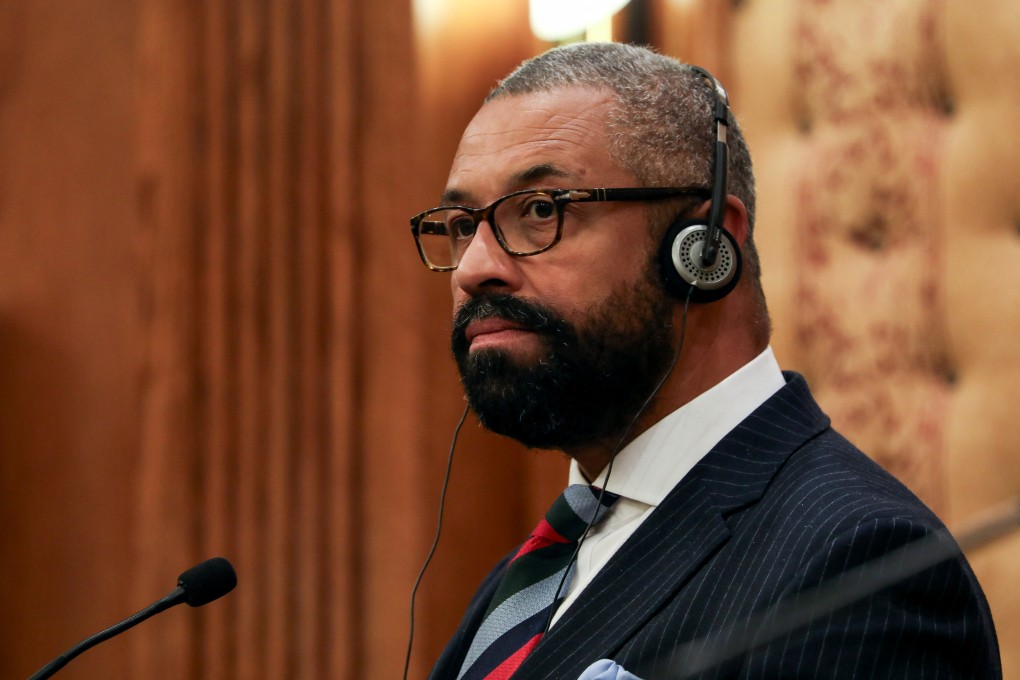My Take | The wonders of British human rights hypocrisy on Hong Kong never cease
- While the UK called on the city to scrap its national security law, it was busy enacting its own draconian domestic versions

The shock reshuffle of the British ministerial cabinet with the return of David Cameron as foreign minister and the sacking of Suella Braverman as home secretary has naturally attracted most international media attention.
But if you are from Hong Kong, the sideways move from foreign to home secretary for James Cleverly is most intriguing. The man whose previous office has been criticising Hong Kong’s national security law for undermining human rights will now take over the very Home Office that has just legislated some of the toughest domestic security laws in the Western world, even blasted by the United Nations human rights chief and Amnesty International, among many other rights groups.
First, just to remind ourselves what we are talking about, let’s have a look at a specific paragraph from Braverman’s very public poison pen of a letter to her boss, the British Prime Minister Rishi Sunak. It’s well worth reading in full to learn what has happened to the famous British manners even among the upper crust.
But since we are from Hong Kong, let’s just focus on this paragraph:
“I am proud of what we achieved together: delivering on our manifesto pledge to recruit 20,000 new police officers and enacting new laws such as the Public Order Act 2023 and the National Security Act 2023”, Braverman wrote. “I also led a programme of reform: on antisocial behaviour, police dismissals and standards, reasonable lines of inquiry … non-crime hate incidents …”
From early to midsummer, those two draconian laws of which she was so proud were enacted by her office. During that time, the Foreign Office issued one of those supercilious six-monthly reports on Hong Kong demanding the removal of the national security law.
In the forward to the report, Cleverly, then foreign secretary, wrote: “We have stood with our partners in condemning the steady erosion of civil and political rights and Hong Kong’s autonomy.”
